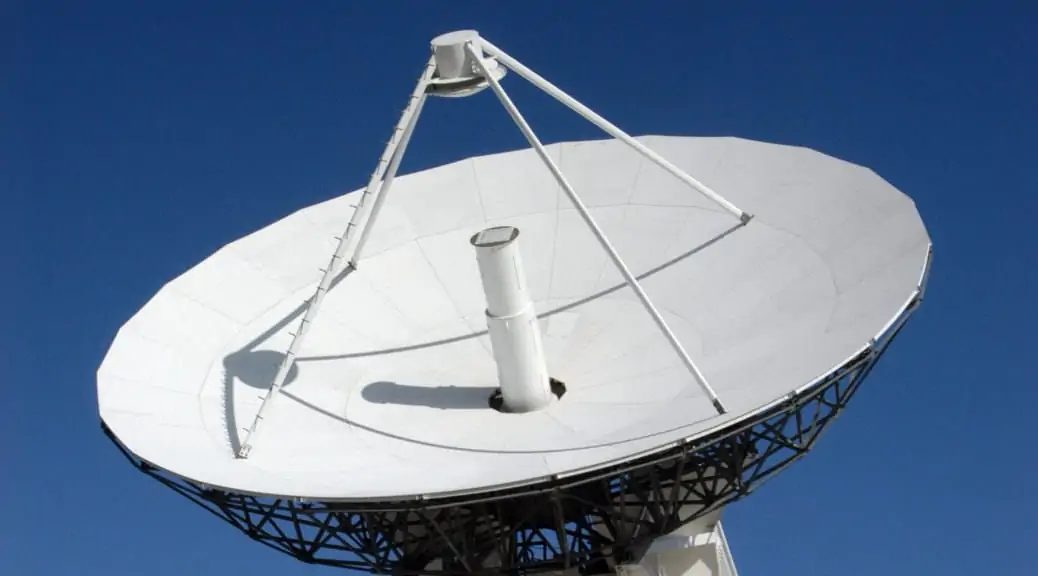Each week our scan collects weak – and less weak – signals… This week, we have revisited sections available in the Weekly to better reflect relevant issues and problems and ease reading. You can now find a section on Ebola – read notably a sobering article on underreporting and the real number of Ebola cases, besides news on vaccines and treatments, and governments’ policies. A section devoted to technology and weapons or armaments, aims at presenting potentially transformational technologies as well as latest procurements. This week, what stands out is an awakening regarding big data imagined promises.
Energy and Environment security are now coupled in a specific section, to mirror the new 21st century reality, as pointed out by Dr Valantin’s research for the Red (Team) Analysis Society and as will be made even more obvious in his forthcoming article. This week, read notably an article wondering who is benefiting from cheap oil, as well as the Russian move to protect its Arctic oil region.
Finally, besides the economy (look here for issues related to economic crises, monetary policy, inequality, or budget deficit for example) and science sections, the World section continues dealing with all matters related to war, international and national security. This week, we can point out, besides other signals, the need to revise tactics against the Islamic State, along the cost of the strikes. We may wonder if one (negative) scenario could not be an accelerated impoverishment of countries fighting against the Islamic State… there are, after all, many ways to destroy an enemy. Last but not least, as analysis of the crisis over Ukraine seems, finally, to leave behind extreme emotional answers, Pr Golstein points out the genocidal potential of the situation that we had already signaled back in July through reference to ultra-nationalist anti-pro-Russian feelings coupled with President Poroshenko’s worrying comments, an ultra-nationalism we analysed more in detail this week. Meanwhile the cost and impacts of the situation are addressed.
The Weekly is the scan of The Red (Team) Analysis Society and it focuses on national and international security issues. It was started as an experiment with Paper.li as a way to collect ideas, notably through Twitter. Its success and its usefulness led to its continuation.
The information collected (crowdsourced) does not mean endorsement but points to new, emerging, escalating or stabilizing problems and issues.
If you wish to consult the scan after the end of the week period, use the “archives” directly on The Weekly.
Featured image: “C-band Radar-dish Antenna”. Licensed under Public domain via Wikimedia Commons


